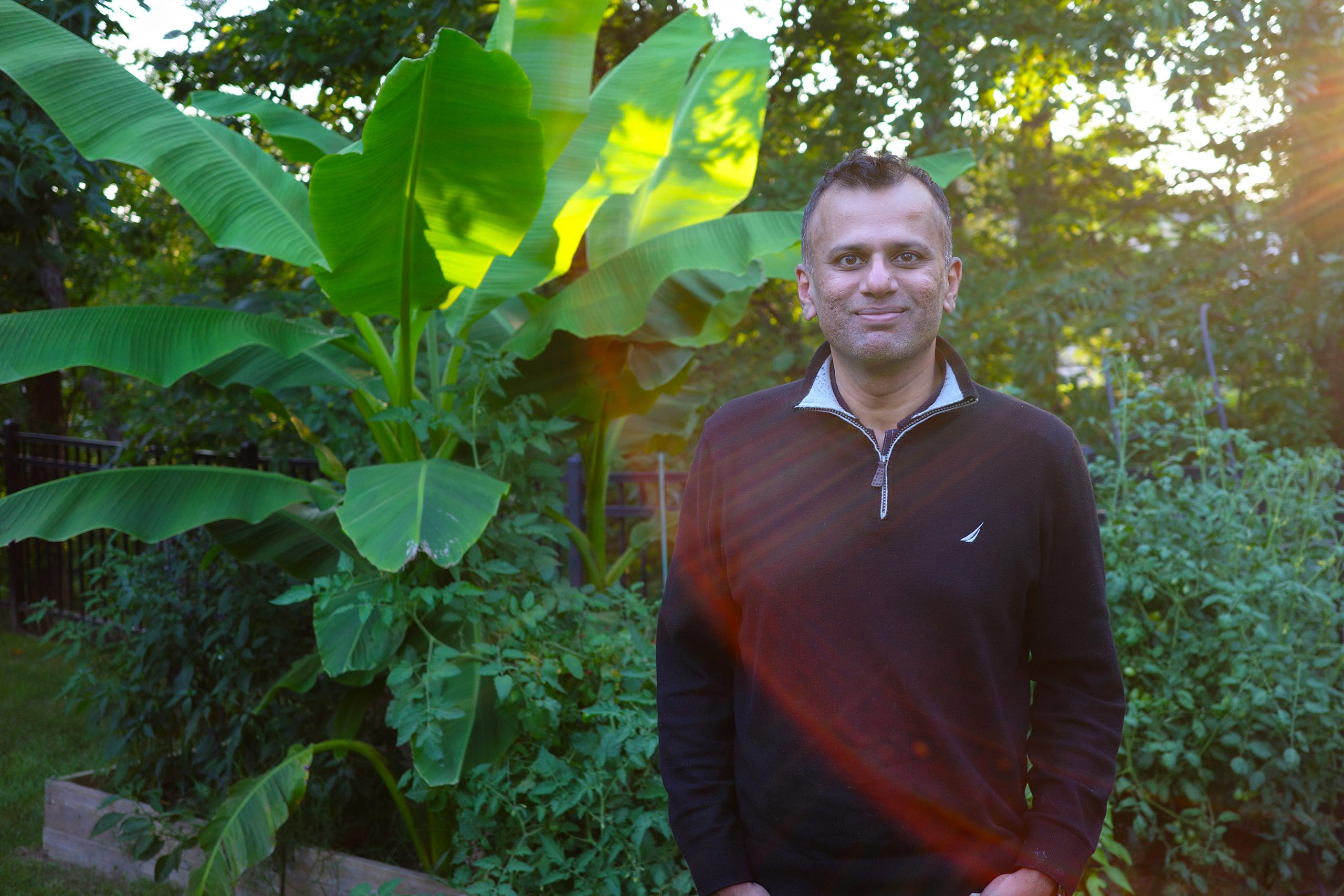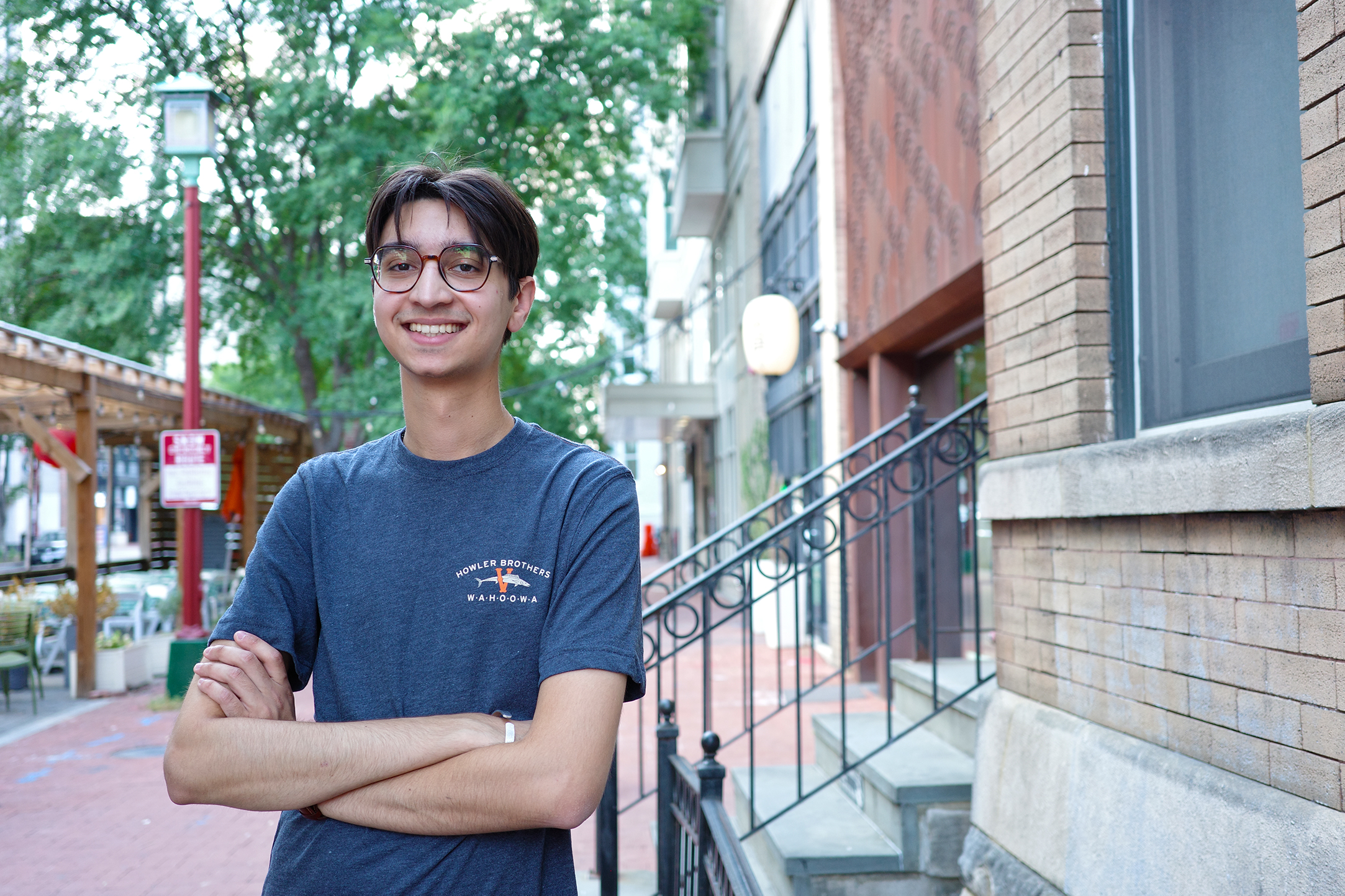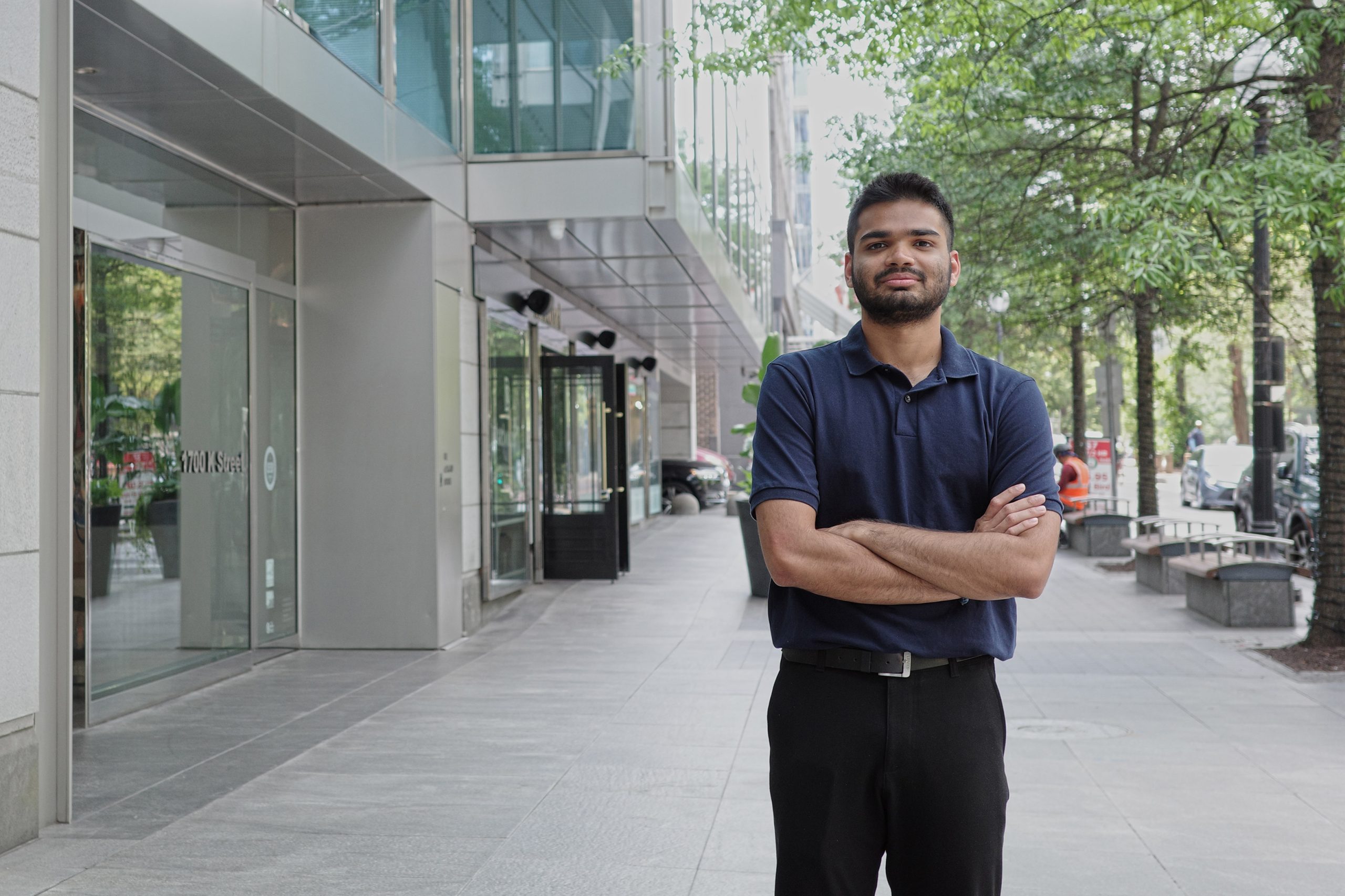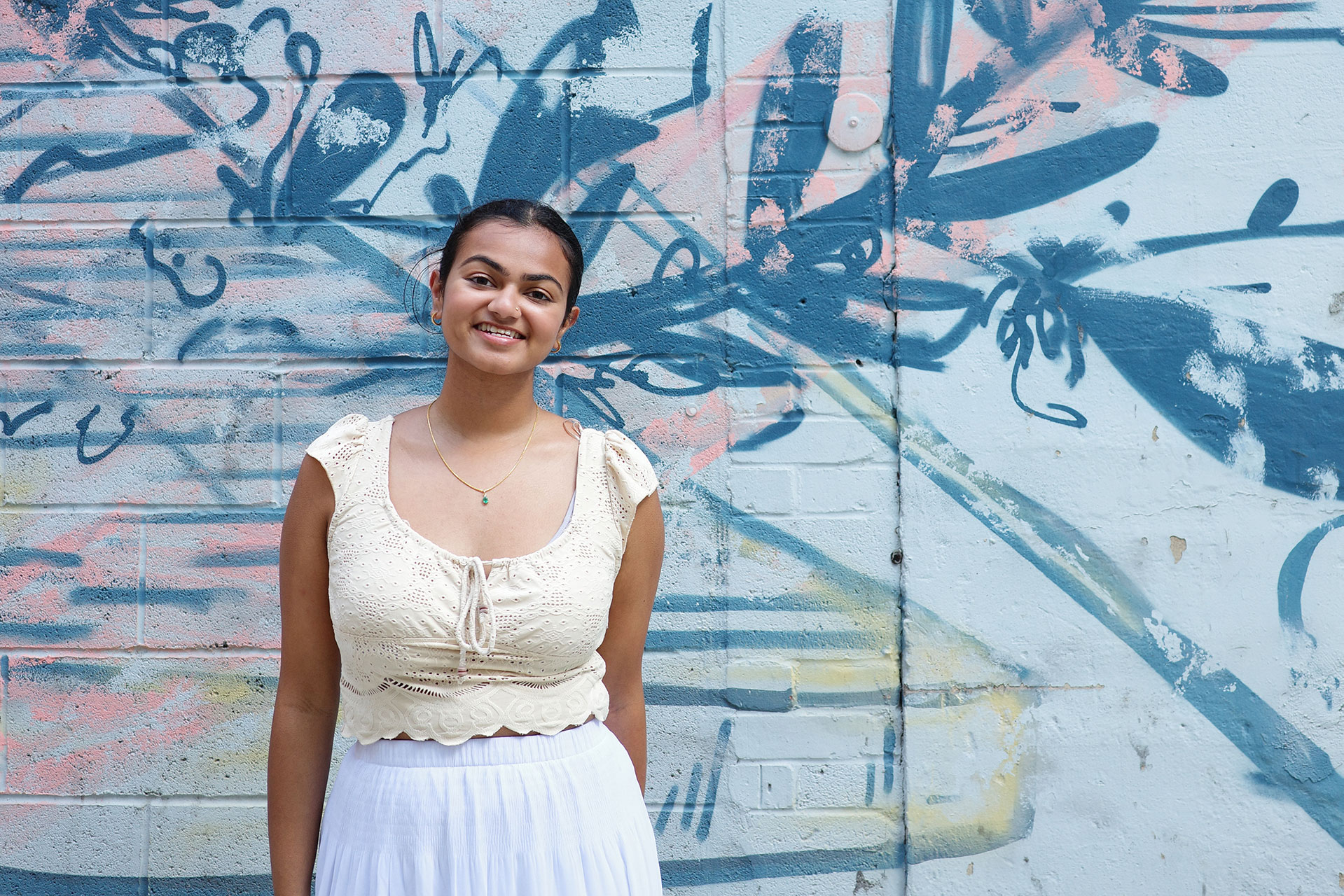I grew up in the state of Tamil Nadu, dividing my time between Chennai and Salem. All of my early years, schooling, and undergraduate studies were in the city. The community I lived in played an integral role in my formative years. I saw my uncles, aunts, and cousins regularly, and as a community, we were present for every milestone in each other’s lives. Whether it was a birth or a death, a wedding or a holiday, we were deeply woven into one another’s daily existence and knew every person in our neighborhood. One of my uncles owned a large business in the town, employing people from different faiths and backgrounds. Because of this, I had the opportunity to attend functions and celebrations across many religions.
My two closest friends from elementary school were named Jacob Matthews and Daniel Ravi Raj. They were both Christian and from Kerala and I would love to go to their house and try Malayali cuisine and what their families enjoyed eating. During Christmas, we would all go to church and sit for mass, and there was no hesitations or inhibitions, just joy in celebrating with each other’s company.
I still remember another friend of mine, Aman, taking me to his Sikh community’s Langar. The practice of Langar is rooted in community, belonging, and selflessness, where everyone is welcome regardless of background or faith. I have attended a few Langars myself and have always admired the spirit of equality and humility with which the Sikh community comes together to host these massive events.
Having the exposure and the experience of learning from different faiths, cultures, and backgrounds at a young age made it even easier when moving to the U.S. for my higher education and master’s degree at the University of North Carolina. In a way, I developed a religious lens of agnosticism where I never saw a person for their religion, but rather for the characteristics that they held.
Now, having lived in Los Angeles for many years, I have grown accustomed to seeing people of all different backgrounds living in coexistence. Los Angeles is a city of dreams, where people come to work hard and make their mark in their chosen fields. The people I am surrounded by here come from a diverse array of stories that have not only influenced me personally but also shaped the character of the city itself.
My message to my fellow Indian-Americans is that the religious divide that exists is spurred on by political and far-right movements created to separate us from one another. It is up to people to be cautious of propaganda being spread and to keep an open mindset toward everyone they meet. In a world where information is easily manufactured, you cannot believe everything you hear at face value. You have to take steps to keep yourself informed and wary of the biases that exist in the media.
In an ideal India and an ideal diaspora, I hope that everyone sees each other eye-to-eye, both figuratively and literally. Since the pandemic, people have become too accustomed to getting their information and news from social media, WhatsApp, and unreliable sources. People are glued to their phones and while this makes it easier to stay in touch, it also makes it easier to spread hatred and grow divisions. Ideally, I hope people will use social media less and be more open to engaging and socializing within their communities. Overall, people need to return to the basics of community interaction and experience “joie de vivre” (a french phrase translated as joy of living) face-to-face, hand-in-hand.




